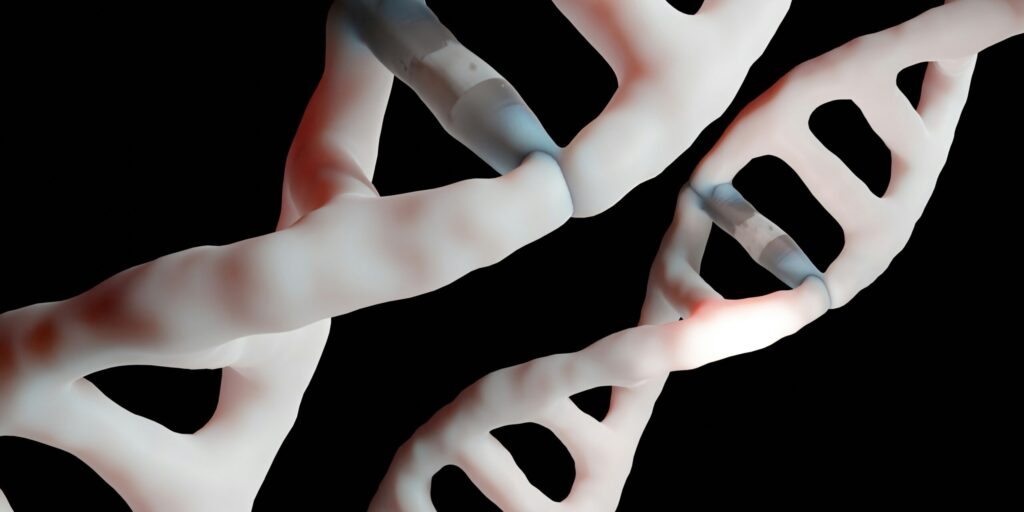On July 15, 2025, a groundbreaking study in gene editing has provided new hope for treating genetic diseases. The research, published in Nature Biotechnology, reveals that scientists have successfully used CRISPR-Cas9 technology to edit genes with unprecedented precision, offering the potential to cure a range of hereditary conditions such as cystic fibrosis, sickle cell anemia, and Duchenne muscular dystrophy.
CRISPR-Cas9: A New Era in Medicine
The CRISPR-Cas9 gene-editing technology has been hailed as one of the most significant scientific advancements of the 21st century. By targeting and modifying specific DNA sequences, CRISPR allows for the precise editing of genes that are responsible for various diseases. While CRISPR has been used in research for over a decade, the new study marks a major leap in its ability to correct genetic mutations in living organisms, including humans.
This new research focuses on enhancing the efficiency and safety of CRISPR-Cas9 techniques. Scientists were able to target specific genes associated with genetic disorders and successfully edit them, allowing cells to function normally. This precision reduces the risk of unintended effects, which has been a significant concern in previous applications of gene editing.
Potential to Cure Genetic Diseases
The implications of this breakthrough are immense. For individuals with genetic diseases, CRISPR-Cas9 offers the possibility of a one-time treatment that could eradicate their condition. In the case of sickle cell anemia, for instance, a single dose of edited cells could permanently correct the blood disorder, potentially sparing patients from years of treatment, including blood transfusions and painful crises.
The study’s authors have expressed cautious optimism, acknowledging that more clinical trials are needed before gene editing can be widely used as a treatment. However, the success of recent trials is a significant step forward in making gene therapies a reality for millions of people worldwide.
Ethical Considerations and the Path Forward
While the potential benefits are clear, gene editing still raises ethical concerns. Questions about the long-term effects of editing the human genome, as well as the potential for “designer babies” or unintended genetic consequences, remain central to the debate. The scientific community continues to engage in discussions about how to regulate and responsibly advance gene-editing technologies.
The path forward will require careful regulation, ethical guidelines, and collaboration between scientists, ethicists, and policymakers. However, this breakthrough in gene editing represents a major step toward curing previously untreatable genetic diseases and offering new hope to patients around the world.


